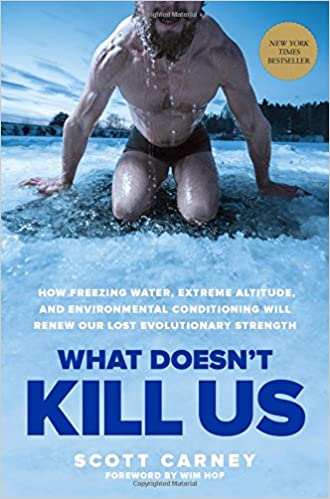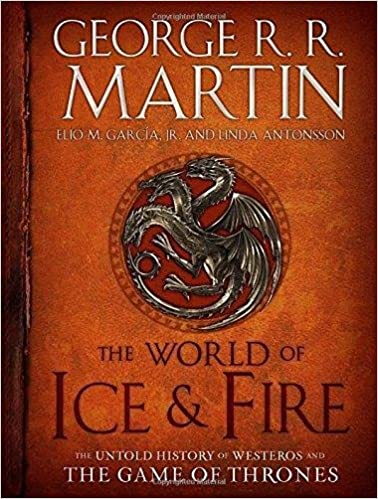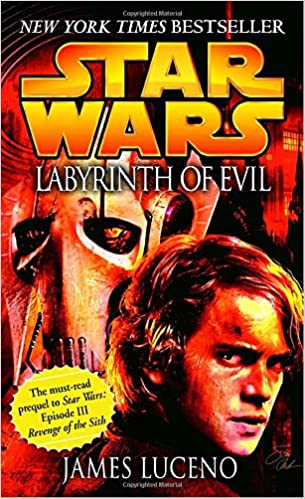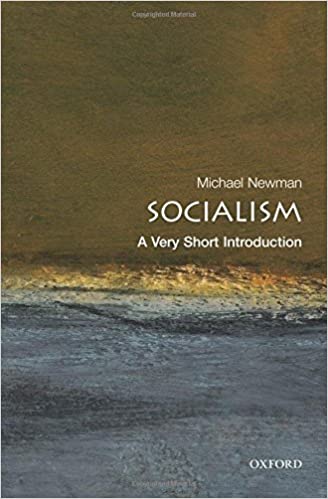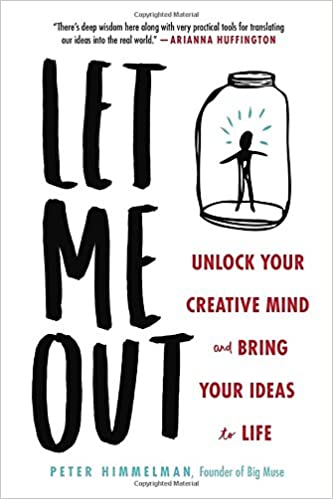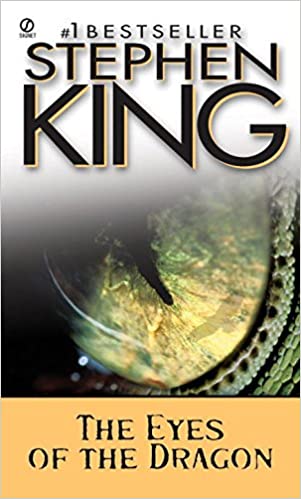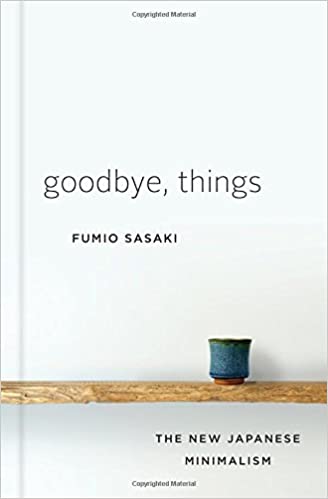.
I have really check out a number of books on minimalist lifestyle, and likewise this is among the absolute best in my viewpoint. I specifically like that all the pictures included with the book go to the start, assists to make the book enticing. You can see from them not simply bachelors, yet furthermore a set, a member of the family in addition to a taking a trip individual’s knapsack elements (however simply headscarf can be counted as clothes in it, which leaves me questioning the remainder of the clothing that might be there).
This consists of the author’s own pictures and likewise mentions much deeper in the book on simply how he made a journey from maximalist (great deals of things) to very little one. Fumio Sasaki – Goodbye, Things Audiobook Free. He definitely has really reached a rewarding element doing this, in addition to usages now his ideas in addition to principles on how to do it and so on. Extremely very first stage defines what a very little is in addition to what it indicates to be one, plus some factors for its appeal. 2nd chapter talk about why we are (or have really been) maximalists. In the 3rd stage we lastly get ways to reduce our ownerships. And in stages 4 in addition to 5 we evaluate beneficial adjustments that ending up being minimalist has really offered to the author (and likewise great deals of others). Then there are really pleased, and likewise uncommonly lovely afterwords in addition to thank- yous, plus lastly 2 lists of the tips gone over in the 3rd stage, quickly connected at the end.
The author benefited a lot from the modification. Bid farewell to need to contrast himself to others, no heaviness of all things, no experience of ‘my ownerships = my benefit’, no dissatisfaction with bad routines. He connects with individuals much better, actually feels happy and likewise pleased simpler, dangers to try brand name- brand-new things in addition to experiences. This book is a Japanese perspective, nevertheless not too various. He’s clearly a Steve Jobs fan * lol *.
I like that he frets that every one individuals can specify our own level of minimalism. It’s simply a method of reducing residential or commercial properties to the one that are needed and likewise actually release to us, in addition to not having simply to pretend or ‘one day I’ll do’ things. There is so repeat, however so carefully it didn’t manage to frustrate me whatsoever. Everything is simply stated so cheerfully, easily and likewise not- aggressive. The author plainly likes minimalism, and this releasing things has none of the ‘hi trees hi sky’- ism of the Konmari approach (it is discussed in the book, nevertheless briefly).
I believe that if you desire just one book on minimalism in addition to simply how to do it, it is this set.
Sasaki’s photos in the start of this book shock one awake to what he suggests by minimalism. Some people are so severe that it makes the rest individuals look like hoarders. However by the end of this exceptionally just- composed in addition to magnificently- argued quick book, the majority of the disputes we have for jumbling our space and likewise complicating our lives are beat.
One need to determine ultimately that whatever dreams are mixed in acquisitions we have actually made, the capability of the concepts promptly fade when not acted on immediately, as in when the products are “saved” for something we slightly get ready for in the future. In the minimalist introduction, items should do some kind of rewarding responsibility, even if that duty is to make us pleased, or please our senses.
When products happen a concern, or upbraid us by their peaceful immobility, building up dust, actually using up the space we require to breathe, we can supply away, toss them out, public auction them off, or otherwise get them out of our lives so that some capability can grow back right into our concepts. That indicates likewise books we got with the goal to evaluate however that make us regrettable each time we have a look at them.
Nevertheless do not take my word for it. Sasaki genuinely does have a response for every possible objection you may have. As an example, # 37. Throwing away souvenirs is not the like dealing with memories. Sasaki approximates Tatsuya Nakazaki: “Even if we were to eliminate images and files that are filled with memorable minutes, the previous continues to exist in our memories … All the necessary memories that we have inside us will naturally remain.” I am not motivated this is so at every stage of life, nevertheless believe there is a natural life to what we require in concerns to historic products. If your kids do not prefer it, you do not need to preserve all of it. Keep the ones that matter simply.
Bear in mind that Sasaki recommends scanning records like old letters that are really essential to you since you can not go out in addition to get another if you discover you were too severe in your culling. However, even the historic record winds up being a problem when it winds up being too big unless well- marked with dates, and so on. He admits that releasing those conserved memories is an extra action in real minimalist living.
The flexibility one experiences when one has less points is apparent. Sasaki shares the delight he experiences when he goes to a resort or a friend that uses big bath towels. He would definitely limited himself to a microfiber fast- drying hand towel for all his household needs, in addition to thrilled in the lack of big lots of cleaning in your home and likewise using big thick towels while he was out: a twofer of joy.
We are inspired to find our really own minimalism. Everyone has their very own limitations and analysis. The author discusses that # 15. Minimalism is a technique in addition to a start. The principle resembles a beginning in addition to the act of lowering is a tale that each professional needs to establish individually. We most certainly do not require all we have, and likewise the important things we have aren’t who we are. We are still us, below all ideal things. Some people will find this reassuring; others might discover it befuddling.
At the end of this small publication, Sasaki advises us the clearness that consists of minimalism. Concentration is simpler. Waste is decreased. Goodbye, Things Audio Book Online. Social relationships are boosted. You do not require forty seconds in a disaster to pick what to take. You reside in the now.
The translation of this book is terrific, by Eriko Sugita. It does not have a look at like a translation, nevertheless as an intimate sharing by someone that has really been through the effort of cutting one’s ownerships to ensure that his really own uniqueness shines with. It is a type of present. Even if one does not toss a thing away (I heartily question that will definitely hold true) after (or throughout) the reading of this book, the concepts are seeds. Gratitude grows in the lack of things.
.
